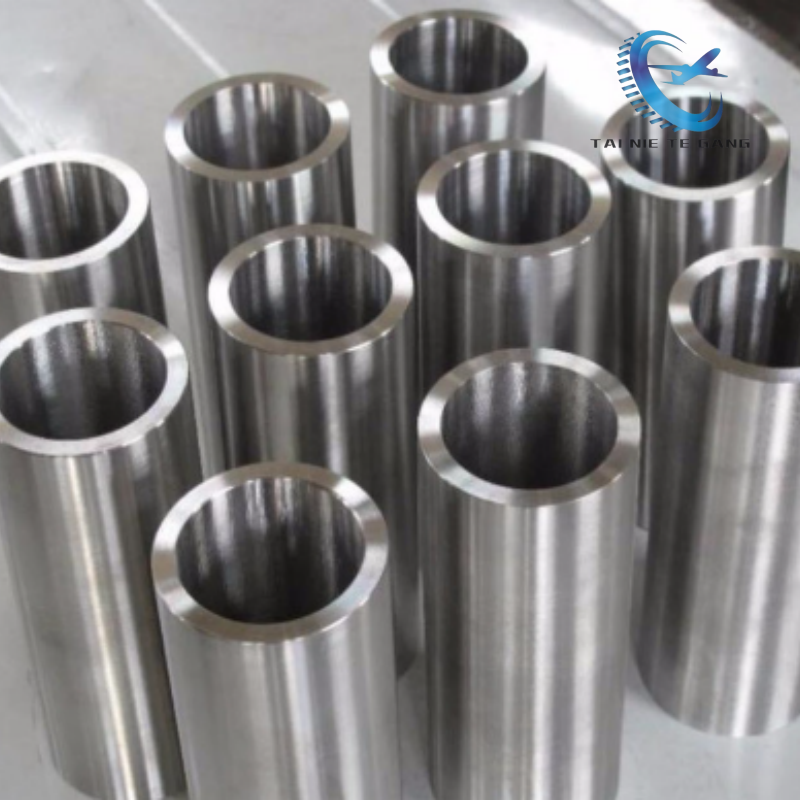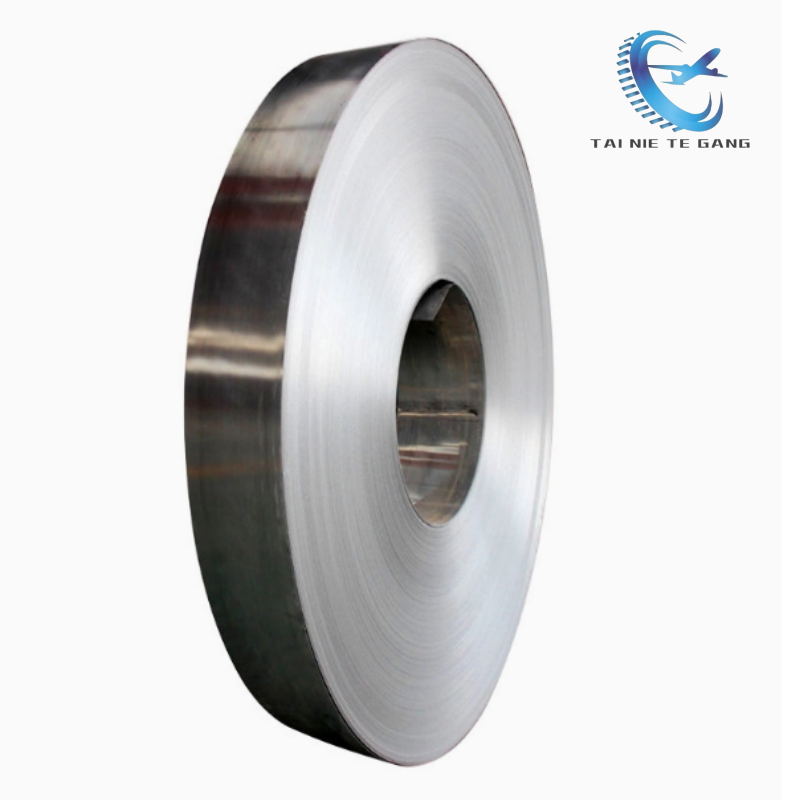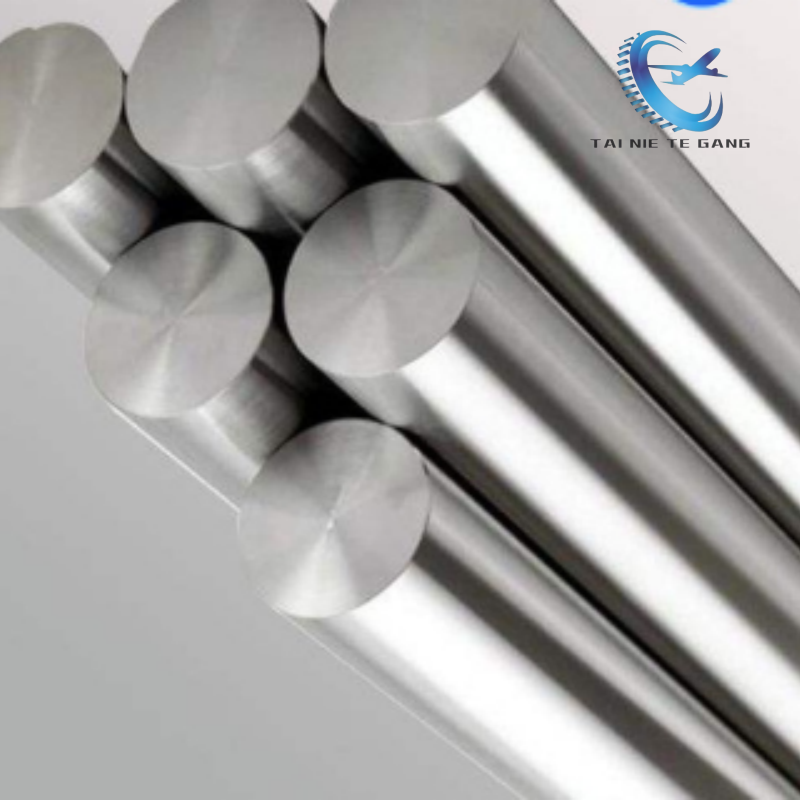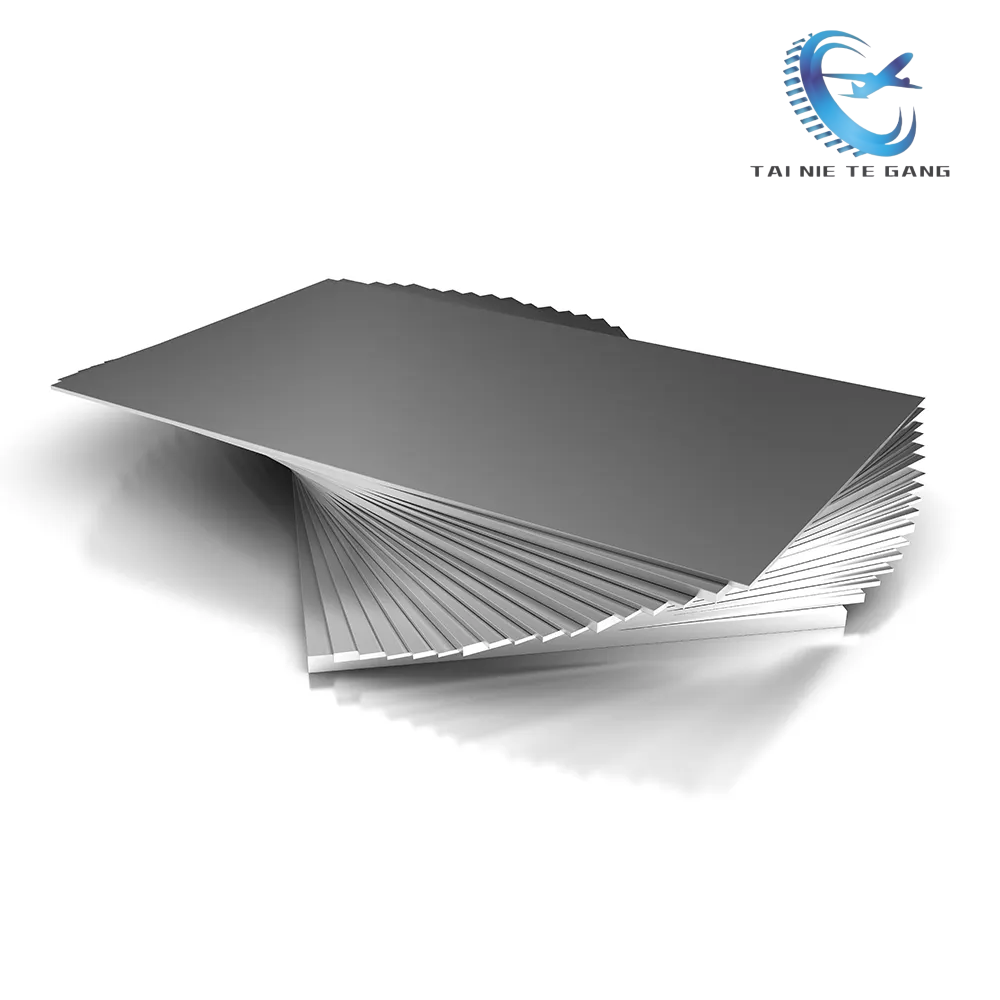Nickel-Based Alloys
Nickel-Based Alloys
Inconel is a family of high-performance nickel-based superalloys, primarily composed of nickel, chromium, and other elements such as molybdenum, iron, and titanium. These alloys are known for their excellent resistance to oxidation, corrosion, and high-temperature stability, making them ideal for use in extreme environments like gas turbines, aerospace, and chemical processing.
Breakdown of The Major Inconel Alloys and Their Classifications Based On Composition and Applications
Inconel 600
Composition:
◆ 72% Nickel, 14-17% Chromium, 6-10% Iron, with small amounts of manganese, silicon, and carbon.
Properties:
◆ Excellent resistance to oxidation and corrosion at high temperatures.
◆ Good resistance to sulfur and chlorides in both oxidative and reducing environments.
◆ Non-magnetic and good weldability.
Applications:
◆ Chemical processing, heat exchangers, furnace components, and food processing industries.
◆ Used in applications requiring oxidation resistance in moderately high temperatures (up to 1,100°C or 2,000°F).
◆ Often used in nuclear and power generation industries for components like steam generators.
Inconel 625
Composition:
◆ 58% Nickel, 20-23% Chromium, 8-10% Molybdenum, 3.15% Niobium (Columbium), 0-5% Iron.
Properties:
◆ Excellent resistance to high-temperature oxidation, corrosion, and fatigue.
◆ High strength, especially in extreme environments.
◆ Resistance to a wide range of aggressive environments, including seawater, acids, and alkalis.
Applications:
◆ Aerospace, marine (especially in seawater applications), and chemical processing industries.
◆ Used for turbine engines, reactor cores, flue gas desulfurization systems, and pollution control.
◆ Components like exhaust systems, heat exchangers, and valves exposed to harsh environments.
Inconel 718
Composition:
◆ 50-55% Nickel, 19-21% Chromium, 3-5% Molybdenum, 0.2-0.8% Niobium, with small amounts of iron, titanium, and aluminum.
Properties:
◆ Excellent high-temperature strength, oxidation resistance, and weldability.
◆ High resistance to creep and fatigue at temperatures up to 700°C (1,300°F).
◆ Good mechanical properties in both low and high-temperature environments.
Applications:
◆ Primarily used in aerospace (e.g., jet engines and turbine blades), rocket engines, and gas turbines.
◆ Structural components requiring high strength, such as fasteners, seals, and combustion chambers.
◆ It is also used in nuclear reactors, down-hole oil and gas equipment, and power plants.
Inconel 725
Composition:
◆ 58-64% Nickel, 14-17% Chromium, 5-9% Molybdenum, and small amounts of niobium, titanium, and aluminum.
Properties:
◆ Excellent corrosion resistance, especially in aggressive environments such as seawater and reducing acids.
◆ Improved creep strength compared to Inconel 625.
Applications:
◆ Chemical processing, marine environments, and power generation.
◆ Used for subsea oil and gas production, offshore drilling equipment, and gas turbine components.
Inconel 713
Composition:
◆ 50-60% Nickel, 10-20% Chromium, 3-6% Molybdenum, with small amounts of titanium and aluminum.
Properties:
◆ Excellent high-temperature strength and oxidation resistance.
◆ Good casting properties for turbine blades and components.
Applications:
◆ Used for gas turbine blades, combustion chambers, and other high-temperature components in the aerospace industry.
◆ Often used in turbine engine parts for both commercial and military aircraft.
Inconel 230
Composition:
◆ 60% Nickel, 22% Chromium, 15% Molybdenum, and 3% Tungsten.
Properties:
◆ Exceptional resistance to oxidation and corrosion at high temperatures.
◆ Excellent weldability and fabricability.
Applications:
◆ Used in high-temperature applications such as gas turbines, jet engines, and in industries requiring extreme high-temperature resistance.
Inconel X-750
Composition:
◆ 70% Nickel, 15-17% Chromium, 0-2% Molybdenum, with small amounts of titanium and aluminum.
Properties:
◆ High resistance to oxidation and corrosion at high temperatures.
◆ Strong mechanical properties, good thermal stability, and weldability.
Applications:
◆ Aerospace engines, gas turbines, and jet engine components.
◆ Commonly used in combustion chamber liners, turbine blades, and exhaust components.
Inconel 600HT (High Temperature)
Composition:
◆ Similar to Inconel 600 but with improved high-temperature performance due to modifications in the alloy's composition.
Properties:
◆ High-temperature strength, oxidation resistance, and thermal stability at elevated temperatures.
Applications:
◆ Used in industrial furnaces, petrochemical and chemical processing, and heat exchangers in power generation.
Summary of Key Inconel Alloys and Their Applications





